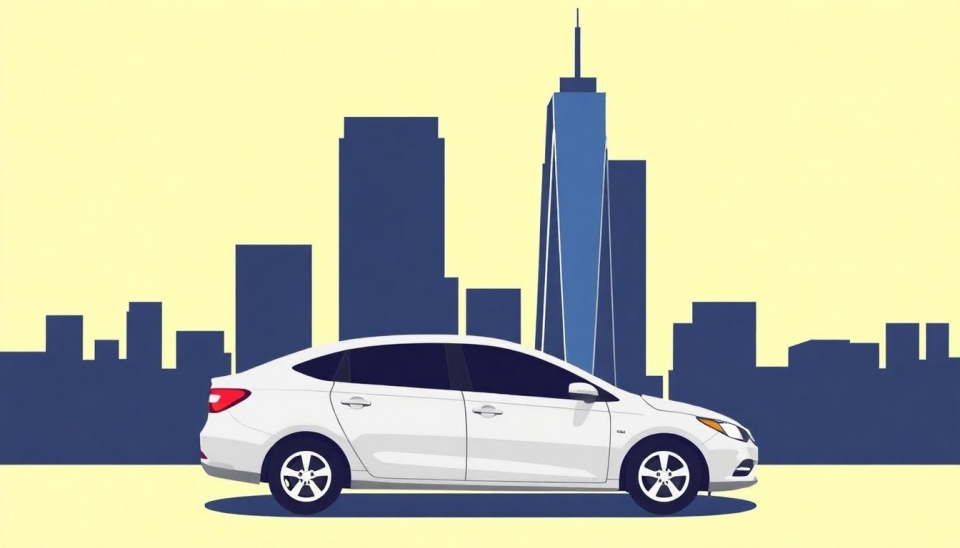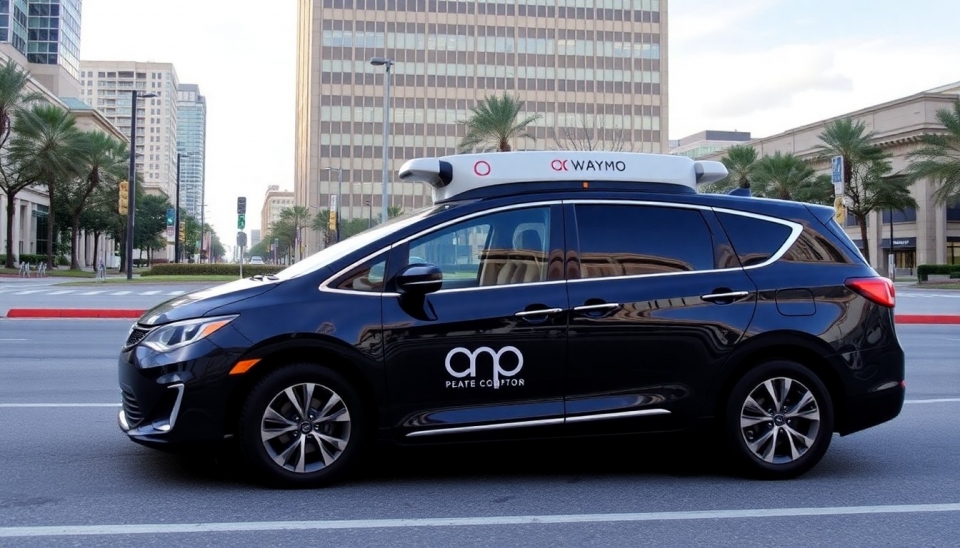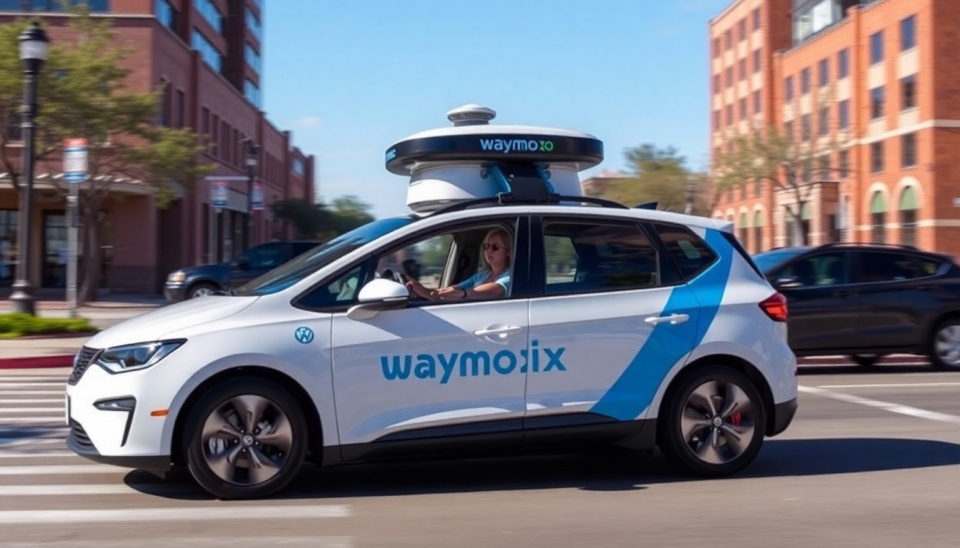
Uber has officially ventured beyond the United States by launching its groundbreaking robotaxi service in the bustling city of Abu Dhabi. This marks a significant milestone for the ride-hailing giant, as it becomes the first city outside of North America to welcome this innovative transportation solution. The Abu Dhabi launch signals Uber's commitment to expanding its autonomous vehicle technology and adapting to global markets.
The new service, which operates entirely without human drivers, will initially cover a limited area within Abu Dhabi. Passengers can now conveniently hail a robotaxi through the Uber app, showcasing the company's ambition to redefine urban mobility in a city recognized for its rapid advancements in technology and infrastructure.
In a step that exemplifies their strategic planning, Uber has collaborated with local authorities to ensure the smooth operation of its robotaxi service. By doing so, the company addresses safety regulations and harnesses local insights that shape the rider experience. This cooperation between Uber and the emirate’s government not only reflects a forward-thinking approach but also highlights the growing trend of adopting autonomous systems in contemporary transport networks.
The decision to launch in Abu Dhabi is no coincidence. The UAE is known for its openness to technological experimentation and has previously expressed interest in autonomous transportation. The city has also invested heavily in smart transportation infrastructure, making it an ideal testing ground for such cutting-edge services. With the robotaxi service, Uber aims to tap into this tech-savvy market, catering to residents and tourists alike.
Uber is no stranger to embracing technology, as evidenced by its extensive research and development in autonomous vehicles over the years. The launch of the robotaxi service in Abu Dhabi not only demonstrates their technological prowess but also illustrates the company's ambition to lead the way in the global autonomous vehicle sector.
As this service rolls out, Uber is expected to gather valuable data and feedback from riders, which will be crucial for refining the experience and expanding its footprint in other international markets. Furthermore, this initiative might stimulate further investment in autonomous technologies throughout the region, promoting a more interconnected and efficient urban landscape.
As many countries explore the future of transportation, Uber’s expansion into Abu Dhabi could serve as a model for other cities considering similar technologies. The implications of such innovations go beyond simple convenience—they encompass broader themes of sustainability, efficiency, and urban planning.
With safety continuing to be a significant concern in the realm of autonomous vehicles, Uber's proactive approach in adhering to local regulations can play a crucial role in gaining public trust. The company is poised to navigate the complexities of operating in a new market while simultaneously leading the charge in autonomous mobility.
As the world watches this development closely, Uber's move into Abu Dhabi signifies a new chapter not just for the company itself, but for the future of transportation globally. The reactions from both residents and visitors will likely shape the ongoing evolution of how we view and utilize technology in our daily commutes.
#Uber #Robotaxi #AbuDhabi #Innovation #AutonomousVehicles #UrbanMobility #Tech #GlobalExpansion
Author: John Miller




